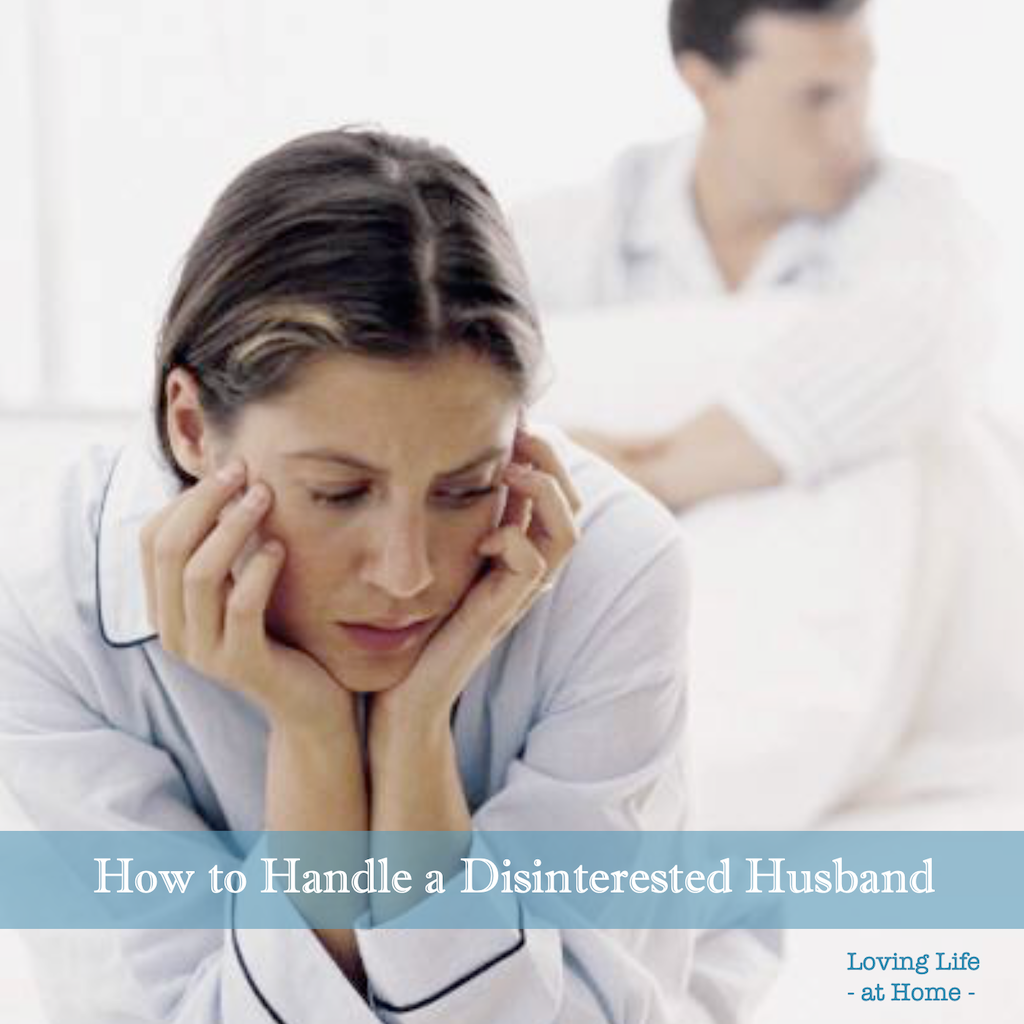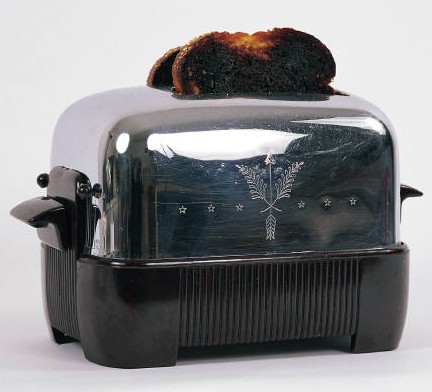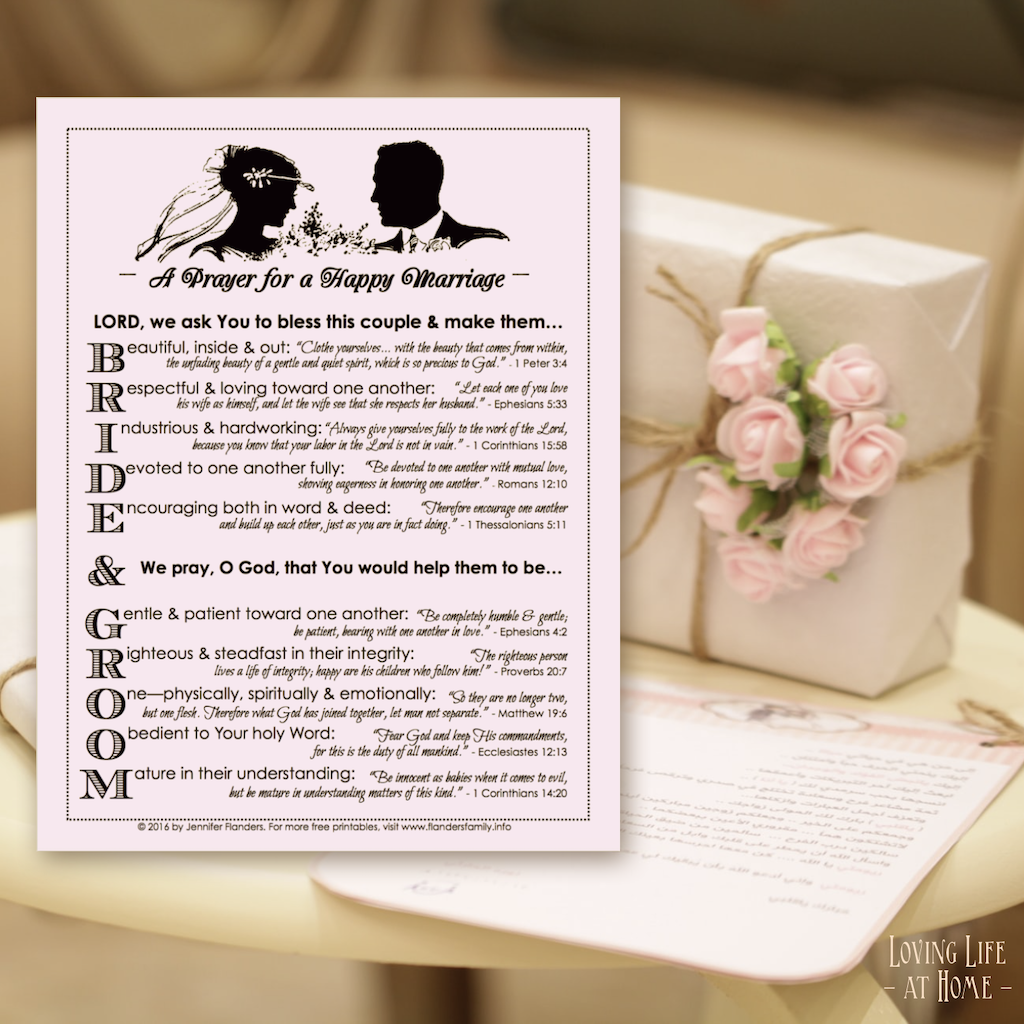Confessions of a “Weaker Vessel”

Well, I took a longer break from blogging than I intended, but my recent move was more labor intensive than I expected (primarily because I rejected my husband’s generous offers to hire movers to help us). I survived two major garage sales, countless trips to Goodwill, and what seemed like endless weeks of sorting, packing, and transferring what was left to our new house while cleaning, repairing, and repainting the old.
My family humored my desire to move everything ourselves, which allowed me to finish one room before starting the next. This method worked beautifully until our closing date was pushed up by two weeks and I found myself scrambling to empty all our closets and cupboards in time. Hence, the haphazard piles of boxes and overloaded laundry baskets stuffed into our garage, demanding my immediate, albeit divided, attention.
My goals-driven spouse has, for the most part, shown enormous patience with me throughout this entire process. Yet his expectations of me remain high:
- “Can you tighten all the doorknobs once you finish painting trim?”
- “Don’t forget to wipe down the shelves in the pantry.”
- “Stay off the computer until we close — we have too much work to do.”
- “I want a box a day for Goodwill until the garage is empty.”
I’ve consequently found myself reflecting on 1 Peter 3:7 a lot lately:
“Husbands, in the same way be considerate as you live with your wives, and treat them with respect as the weaker vessel….”
What does that mean, exactly — weaker vessel?
Is this verse referring to physical strength?
The past few months have certainly highlighted the fact that I am not as physically strong as my husband. While I carried my share of the smaller items, he and my older sons did all the heavy lifting. I merely cheered them on and told them where to put things. It required every ounce of their combined strength to carry massive desks, bookcases, and appliances up our winding staircase, and to plant our piano in its new resting place, as well.
But surely that phrase in 1 Peter refers to more than brute force.
Does “weaker vessel” imply inferiority?
My son David broke his leg earlier this year. He has since had to learn to “live in an understanding way” with that injured limb, for the bone has been slow to heal and the muscle atrophied inside the cast. Yet David is not content to let it remain weak and useless for the rest of his life. So he works with it, attempting to rebuild that muscle and to slowly ease it back into service. He is careful not to require too much too soon, but he knows he must push with care and consistency if he hopes for the leg to ever be all it was meant to be.
Still, that analogy falls short, too, for I do not believe the verse means to suggest that women are in some way broken or injured.
Are women too delicate for everyday life?
I once heard a speaker explain this passage by comparing his wife to a beautiful porcelain teacup. He said the verse calls husbands to treat their wives in the same way they might handle a fragile piece of china, gently and with honor.
Yet the few pieces of fine china I own — wedding gifts from yesteryear — seldom get handled at all. Except for an occasional anniversary dinner, they stay safely tucked away in a china cabinet and forgotten. Does that mean my husband should put me on a high shelf and do his best to never upset or use or stress or break me? As appealing as such velvet-glove treatment may sound at times, is that really the life I want?
Unequivocally not. Although I’m normally pretty level-headed, I’ll admit there are times when my emotions get the best of me. For instance, I’ve never dealt particularly well with change, and the bigger the change, the more emotional I become.
At times like that, I am grateful that my no-nonsense husband holds me to a higher standard. He refuses to accept PMS or stress or bad days as an excuse for impatience and selfishness and sin. Instead, he encourages me to press forward, to pursue the high calling of Christ, to allow God to use life’s trials to conform me to His image. And that’s a good thing, because otherwise those volatile emotions might paralyze our entire family.
What is a vessel’s intended purpose?
But I think the term “weaker vessel” references more than a fragile emotional state. Perhaps instead of getting hung up on the first word of that phrase, it would help to look at the second.
A vessel is a container, something used to hold or carry something else. There is a reason behind this word choice, and I believe it gives insight into the meaning of the verse, for what is it that a woman holds or transports? Does she not carry life itself? New life as it is being knit together in her womb? And sustenance with which to sustain and nourish that life after delivery?
Isn’t “vessel” a fitting word for all that? It is our role as the bearer and nurturer of offspring that makes us most vulnerable and in need of special consideration.
This “weaker vessel” designation was never meant as a slam against our gender. It does not mean females are helpless, incapable, or inferior. Rather, the verse is a reminder to our husbands to be mindful of our need for consideration and protection.
That protection can take on different forms. Being considerate of fluctuating hormones is not the same thing as capitulating to them. Guarding your wife against overload does not mean giving her no responsibilities at all.
I am grateful that my husband provides a strong shoulder for me to cry on when I need it. But I’m equally glad when he says, “Okay, Jennifer. That’s enough with the tears. Let’s roll up our sleeves and get back to work.”





